The Dark Underbelly of Dubai: How a BBC Investigation Exposed a Sex-Trade Ring Boss
In the gleaming skyscrapers and opulent malls of Dubai, a sinister underworld has been thriving in plain sight. Behind the façade of luxury and excess, a sex-trade ring boss, Charles "Abbey" Mwesigwa, was exploiting vulnerable women for his own gain. But thanks to an undercover investigation by BBC Eye Investigations, this dark secret is finally being exposed.
The story begins with a chance encounter between an undercover reporter and Mwesigwa, who was posing as an event organizer. The reporter, posing as a client, asked Mwesigwa about providing women for a high-end sex party. Mwesigwa, seemingly unfazed by the request, replied that he could provide women at a starting price of 1,000 AED (750 USD). He also claimed to be a former London bus driver, adding a layer of complexity to his character.
But what's most disturbing is not just the explicit nature of Mwesigwa's business, but the ease with which he operates. Dubai's reputation as a hub for luxury and excess has created an environment where such activities can thrive. The city's laws, while strict in some areas, seem to be lax when it comes to human trafficking and exploitation.
According to sources close to the investigation, Mwesigwa was detained by police after the BBC investigation went public. While details about his detention are scarce, a Dubai law firm confirmed that he is being held at the Central Prison Centre in Al Awir, Dubai. A red notice has also been issued against him by Interpol Uganda, requesting that authorities worldwide detain him pending extradition.
The implications of this story go beyond the individual case. It highlights the need for greater scrutiny and accountability in countries like Dubai, where the lines between luxury and exploitation are often blurred. As one expert noted, "Dubai's reputation as a hub for luxury and excess has created an environment where human trafficking and exploitation can thrive."
The BBC investigation also raises questions about the role of technology in facilitating such activities. In today's digital age, it's easier than ever to connect with potential clients and victims online. The use of social media platforms, messaging apps, and other digital tools has made it simpler for traffickers like Mwesigwa to operate.
But there is hope. The BBC investigation has sparked a renewed focus on combating human trafficking in Dubai and beyond. As one advocate noted, "This story is a wake-up call for governments and law enforcement agencies around the world to take action against human trafficking."
As we reflect on this disturbing case, it's essential to remember that human trafficking is not just a problem in far-off lands; it can happen anywhere. By shining a light on the dark underbelly of Dubai, the BBC investigation has given us a glimpse into a world that's often hidden from view.
The Human Cost
Behind every statistic and news story lies a human face. The women exploited by Mwesigwa's sex-trade ring are not just numbers or victims; they're individuals with their own stories, struggles, and aspirations. Their experiences serve as a stark reminder of the need for greater empathy and understanding in our efforts to combat human trafficking.
As we move forward, it's essential to prioritize the voices and perspectives of those affected by human trafficking. By amplifying their stories and concerns, we can create a more comprehensive and effective response to this global issue.
Conclusion
The detention of Charles "Abbey" Mwesigwa marks a significant step in the fight against human trafficking in Dubai. But it's just one piece of a much larger puzzle. As we continue to navigate the complexities of this issue, it's crucial that we prioritize education, awareness, and action.
By working together, we can create a world where exploitation and abuse are not tolerated. A world where every individual has the right to dignity, respect, and safety. The story of Mwesigwa and his sex-trade ring serves as a stark reminder of the work still to be done. But it also gives us hope for a brighter future – one where human trafficking is no longer a hidden reality, but a thing of the past.
*Based on reporting by Bbc.*
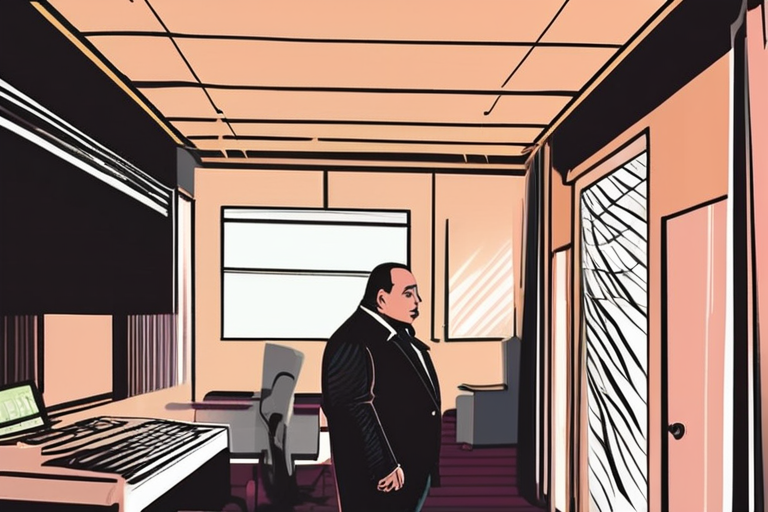

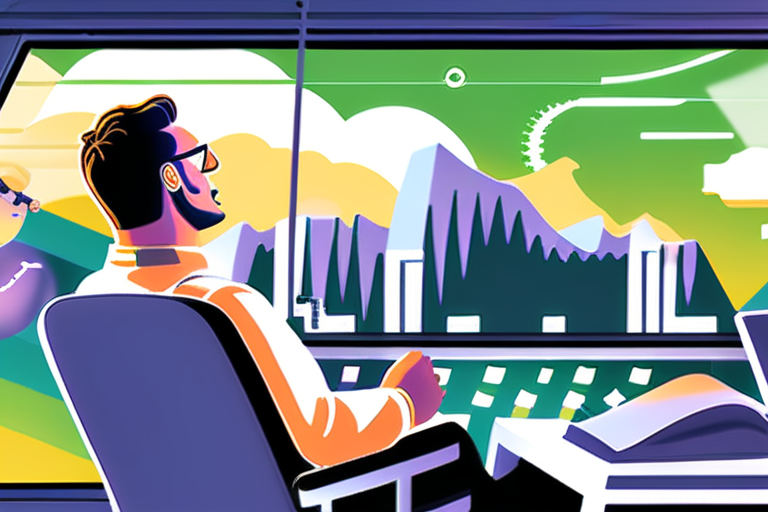
 Hoppi
Hoppi
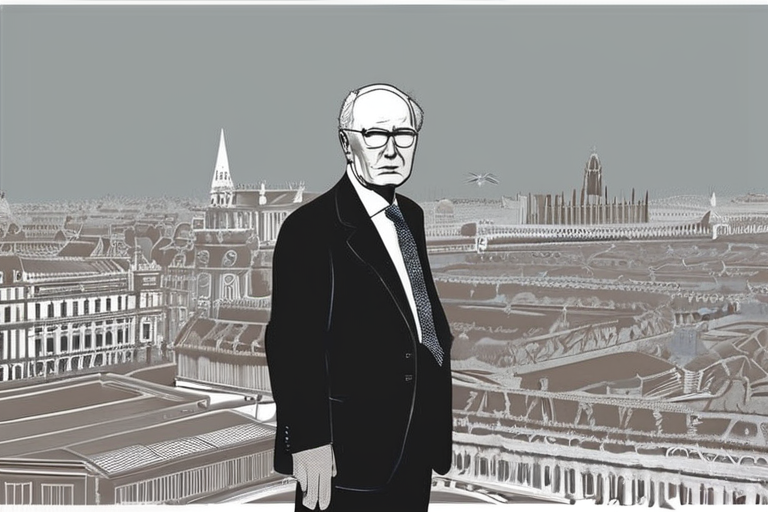
 Hoppi
Hoppi

 Hoppi
Hoppi
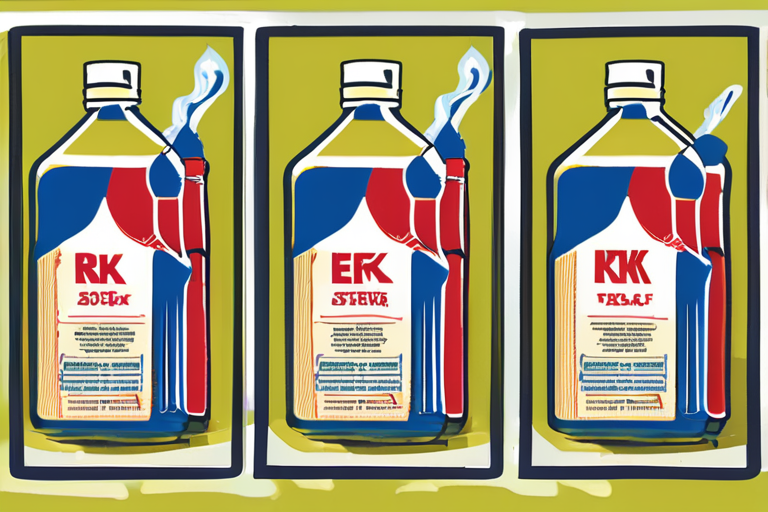
 Hoppi
Hoppi
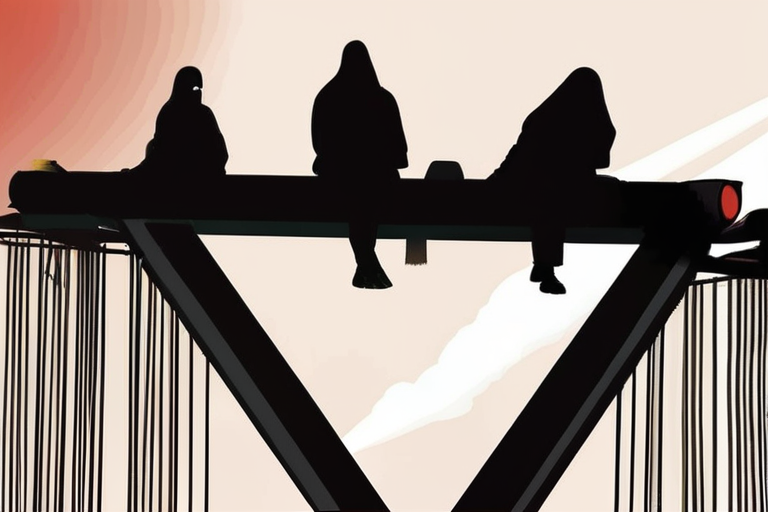
 Hoppi
Hoppi

 Hoppi
Hoppi











